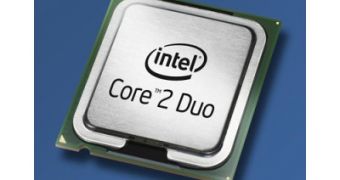Every time a company launches a great new product, the first thing that people see are the characteristics that make it better than the product launched by the competition. Generally speaking, people only see the improvements, the performance per cost ratio and so on. Very few are those who are actually interested in how a company actually creates a better product or a service. And those few are most of the time the direct rivals. The answer to how to make a better product at a cheaper price is simple yet complex: process innovation. The process innovation behind a great product is never as glamorous as the product itself and that's because it is usually meant to be kept a trade secret. Just think: what's the secret behind the Google search engine? How come the search result is given so quickly and so accurately? Is it a special algorithm that the search engine has? Eric E. Schmidt, Google's chief executive said: "We believe we get tremendous competitive advantage by essentially building our own infrastructures."
But Google won't disclose the number of computers deployed in its vast information network and that might be their secret. Outsiders speculate that the Google network has at least 450,000 computers worldwide which would explain the speed. Of course, the public doesn't see the vast network, they only see and care about the service: the Google search engine.
Intel also tries to keep on top of its competition and it can't do so without process innovations. The perfect example for this is the introduction of hafnium, a rare metal that replaced silicon oxide. The credit to this innovation goes to Mark T. Bohr, an Intel physicist and his team of designers. Mr. Bohr also helped to identify a number of new materials, whose identity Intel is keeping secret, for the crucial transistor "gates". Thanks to these innovations, Intel will begin shipping its first chips using the new processes on November 12.
Intel's co-founder, Gordon E. Moore stated that the hafnium-and-gate process innovations will back up his so-called Moore Law that claims that chips grow ever faster, being also less expensive. Although Mr. Bohr's achievement is quite impressive, he said: "The average consumer doesn't care what processes are used" and "The work of process development comes second to creating new designs for chips". This is common for most great products or services. The secret of every successful company on Earth is more or less the same. Users aren't interested in the process of creation but in the final product, even though the process is the one that's revolutionary.

 14 DAY TRIAL //
14 DAY TRIAL //